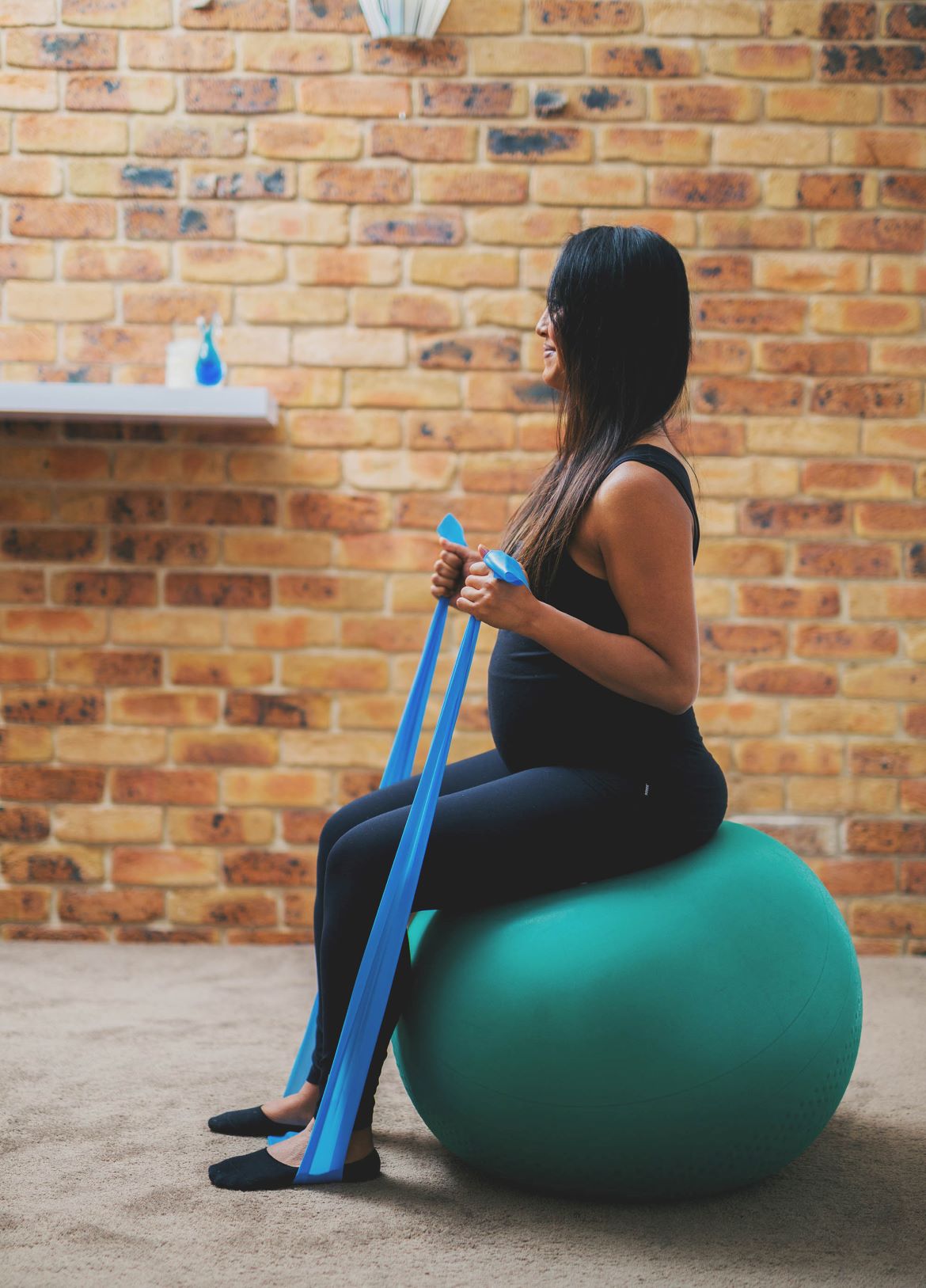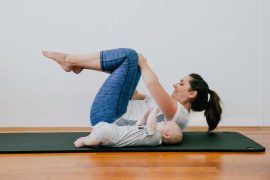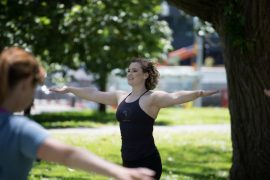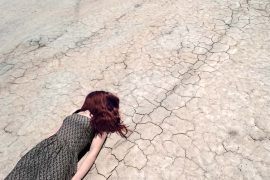By Laura Mason
Although quite popular nowadays, there are still many women who haven’t heard of pilates, so today I will let you know what it is and why you may want to consider adding it to your weekly activities when you are pregnant and once you have had a baby.
Pilates was created by Joseph Pilates in the early 1900s as a way to help strengthen internees of a prisoner of war camp. Since then, it has changed and developed into the full body practice that it is today. Some studios use large machines (reformers, trapeze tables and wunda chairs) to assist or challenge the clients depending on their specific goals or needs, while others perform moves primarily on the mat on the floor.
It shares similarities with yoga but has less focus on spirituality and more on anatomy. Also, all exercises aim to build strength in your core or powerhouse which includes your abs, pelvic floor, glutes as well as upper and lower and back muscles. While doing this, you are also guided by your instructor to find length in your body and thereby increase flexibility.

Pilates is a great modality during pregnancy for the following reasons:
- It can help you to become aware of your body and in particular your abdominals and pelvic floor.
- It is a truly low impact exercise and most exercises can be adjusted to suit you at all stages of your pregnancy without much trouble.
- The regular movement can help to increase energy, reduce the aches and pains that can come with pregnancy and improve your posture outside of class, which should further reduce the pains.
- With an emphasis on breathing, control and alignment, it can help to get you “out of your head” and into your body – a type of mindfulness if you will. This can assist in labour preparation.
- In combination with other movements like walking, it can sometimes reduce constipation, bloating and swelling due to pregnancy.
- It will prepare you for newborn life which is actually quite physical – a newborn baby, although not very heavy, requires you to engage your muscles for quite long periods of time, which can be surprisingly challenging.











